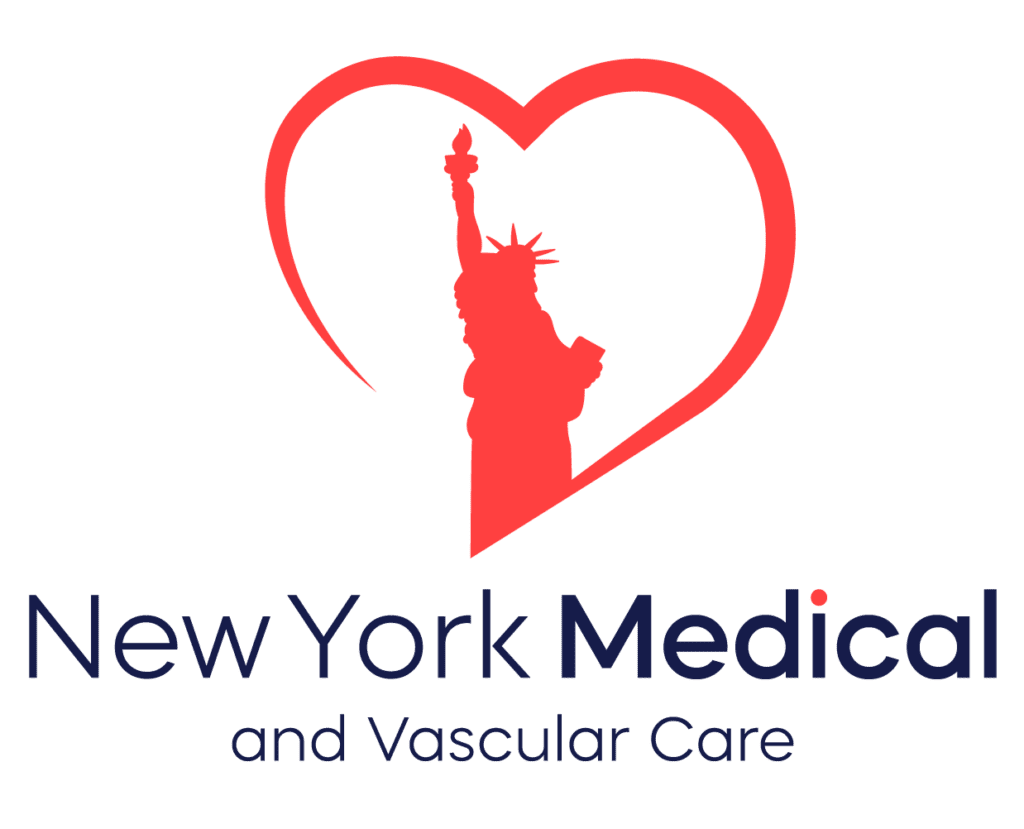Vascular health is essential for overall well-being, as it involves the proper functioning of arteries, veins, and capillaries that circulate blood throughout the body. Good vascular health ensures that organs and tissues receive the oxygen and nutrients they need, while also aiding in the removal of waste products. Nutrition plays a critical role in maintaining and improving vascular health, helping to prevent conditions such as atherosclerosis, hypertension, and heart disease.
Key Nutrients for Vascular Health
- Omega-3 Fatty Acids
- Benefits: Omega-3s, found in fatty fish like salmon, mackerel, and sardines, as well as in flaxseeds and walnuts, help reduce inflammation, lower triglyceride levels, and prevent the formation of blood clots. These effects contribute to the prevention of atherosclerosis (hardening of the arteries) and reduce the risk of heart attack and stroke.
- Recommendation: Aim for at least two servings of fatty fish per week or consider omega-3 supplements after consulting with a healthcare provider.
- Antioxidants
- Benefits: Antioxidants, such as vitamins C and E, help protect blood vessels from oxidative stress, which can damage the endothelium (the inner lining of blood vessels). This protection helps maintain the elasticity and function of the blood vessels.
- Sources: Citrus fruits, berries, leafy greens, nuts, and seeds are rich in antioxidants.
- Recommendation: Incorporate a variety of fruits and vegetables into your daily diet to ensure adequate antioxidant intake.
- Fiber
- Benefits: Dietary fiber helps lower cholesterol levels, particularly LDL (bad) cholesterol, which can build up in the arteries and form plaques. Fiber also aids in maintaining healthy blood pressure levels and promoting overall cardiovascular health.
- Sources: Whole grains, legumes, fruits, vegetables, and nuts are excellent sources of fiber.
- Recommendation: Aim for at least 25-30 grams of fiber per day from a variety of plant-based foods.
- Potassium
- Benefits: Potassium helps regulate blood pressure by balancing sodium levels in the body and relaxing the walls of blood vessels. This mineral is crucial for preventing hypertension, a major risk factor for heart disease and stroke.
- Sources: Bananas, sweet potatoes, spinach, and avocados are rich in potassium.
- Recommendation: Include potassium-rich foods in your diet to help maintain healthy blood pressure.
- Magnesium
- Benefits: Magnesium plays a vital role in vascular health by supporting the relaxation of blood vessels, improving blood flow, and reducing the risk of hypertension and atherosclerosis.
- Sources: Nuts, seeds, whole grains, and green leafy vegetables are good sources of magnesium.
- Recommendation: Ensure adequate magnesium intake by incorporating these foods into your diet regularly.
Dietary Patterns for Vascular Health
- Mediterranean Diet
- Overview: The Mediterranean diet is rich in fruits, vegetables, whole grains, nuts, seeds, and olive oil, with moderate consumption of fish and poultry. It is low in red meat, processed foods, and refined sugars.
- Benefits: This diet has been shown to reduce the risk of cardiovascular disease by improving blood vessel function, reducing inflammation, and lowering cholesterol levels.
- DASH Diet (Dietary Approaches to Stop Hypertension)
- Overview: The DASH diet emphasizes fruits, vegetables, whole grains, lean proteins, and low-fat dairy while reducing sodium intake.
- Benefits: The DASH diet is specifically designed to lower blood pressure, making it highly effective for maintaining vascular health and preventing heart disease.
- Plant-Based Diet
- Overview: A plant-based diet focuses on consuming primarily plant foods, including fruits, vegetables, legumes, nuts, seeds, and whole grains, with little to no animal products.
- Benefits: Plant-based diets are associated with lower cholesterol levels, reduced blood pressure, and a decreased risk of atherosclerosis, contributing to overall vascular health.
Conclusion
Maintaining vascular health through proper nutrition is crucial for preventing cardiovascular diseases and promoting long-term well-being. By incorporating nutrient-rich foods and following heart-healthy dietary patterns like the Mediterranean, DASH, or plant-based diets, you can support your vascular system and reduce the risk of related health issues.
Written by DapraLab


